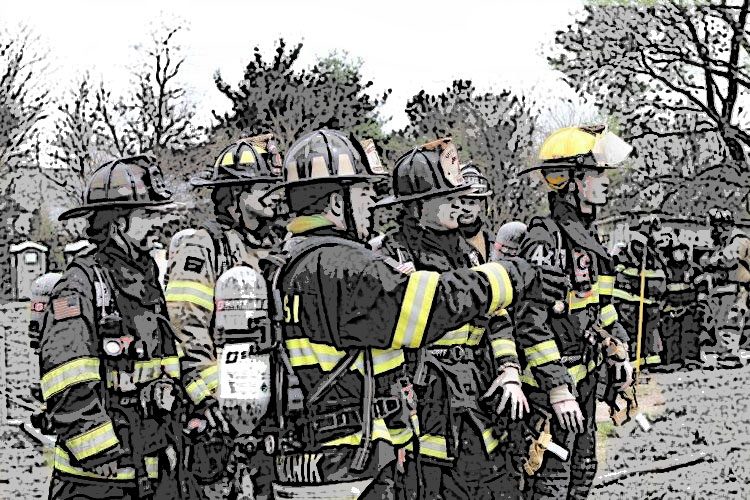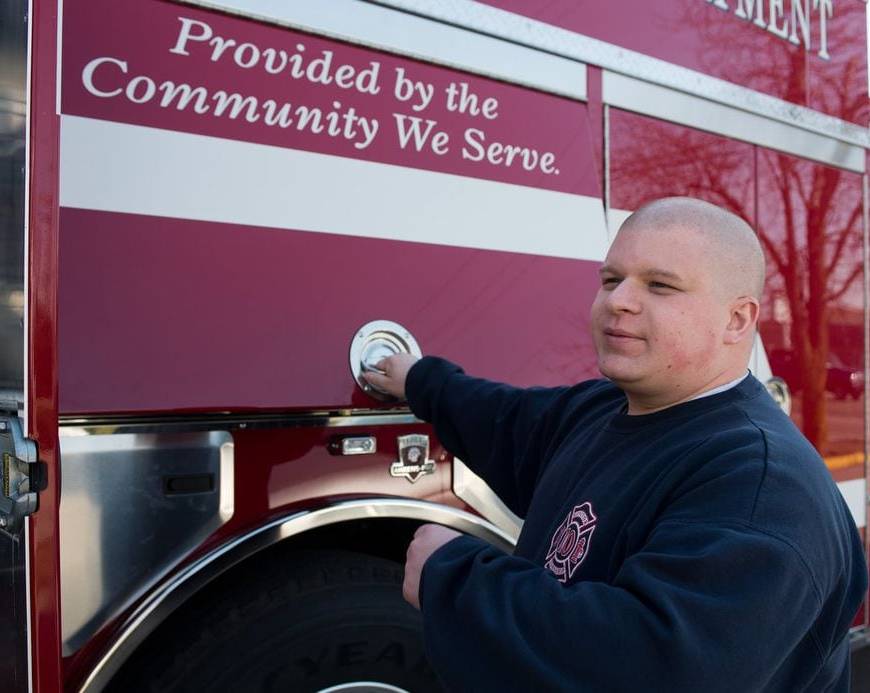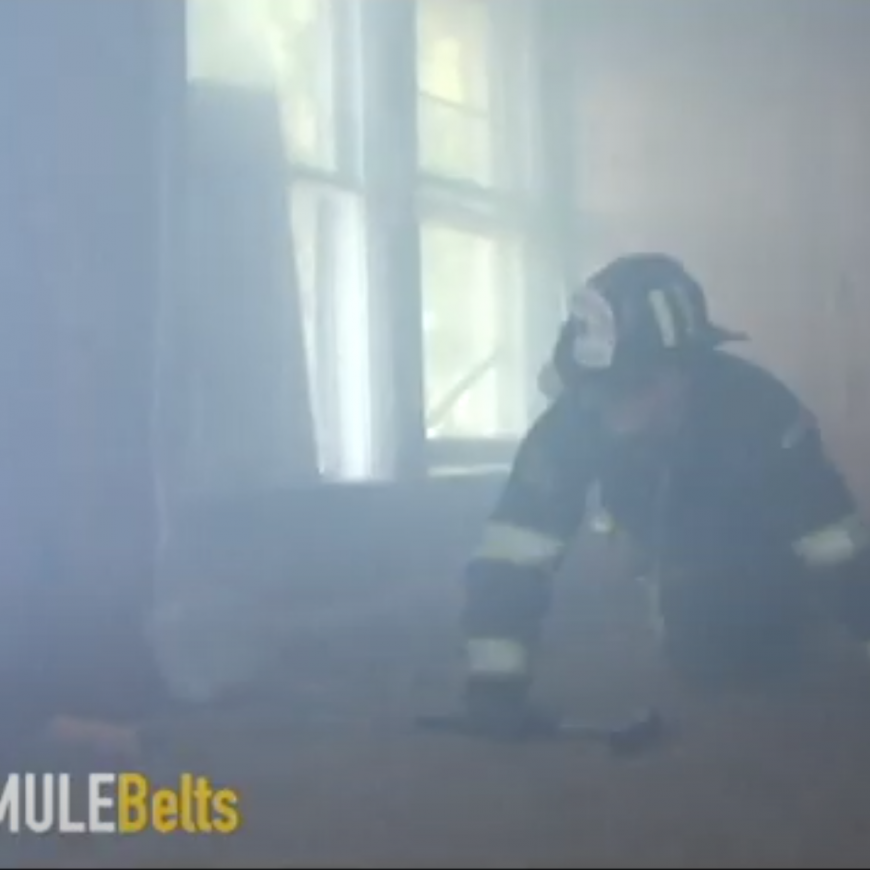Assuming Office and Gaining Credibility, Continued
By Thomas A. Merrill
In the previous two articles, I discussed many important things a firefighter can do to gain credibility and respect before being promoted to an office as well as when first entering that office. As a new officer, you want your fellow members to trust and have confidence in you, but that trust and confidence doesn’t just start when first stepping foot into office. As mentioned in my previous article, not all of the skills and traits that helped get you elected or appointed will make you successful as an officer. However, there are many things you can do to create and enhance your reputation as a competent and dedicated company officer.
As a new officer, start leading by example with everything you do. How you act, talk to people (fellow firefighters and the general public), and even how you dress is all observed by your members. If you are a minimal contributor unprepared for your areas of responsibility or you don’t train regularly, it will not go unnoticed. People expect their officers—their so-called “leaders”—to raise the bar and lead by example at all times.
Remember, officers set the tone in many ways. In the previous article, I discussed how important it is for the officer to take care of his assigned jobs and take pride in his work. It’s equally important that the officers take care of their jobs with a positive attitude; nobody likes Negative Nellies! Positivity is a force multiplier, but so is negativity. Although your firefighters might love to complain, they look down on officers who are always griping. This might sound unfair, but it’s just the way it is. Maintain an upbeat attitude and spread positive vibes throughout your organization and you will enhance your reputation as an engaged and energetic officer who people genuinely enjoy being around.
As an officer, there is usually always something needing to be done. Whether it’s truck checks, typing department minutes, paying the bills, meeting a vendor, or simply taking care of a minor tool repair, you need to consistently take care of tasks on the administrative and firematic side. Unfortunately, these jobs might require more time spent in an office or out on the apparatus floor than spent watching TV in the clubroom. Let your actions define who you are more than your words. It’s always easier to do the bare minimum; take shortcuts; or say, “Not my job.” However, truly successful and respected officers consistently take on projects and complete their assigned tasks without needing to be prodded, reminded, or hassled.
Doing your job requires time, and a volunteer’s most precious commodity is time. There is never enough of it! As an officer, it’s not uncommon to have more projects and jobs to do than there seemingly is time to do them. The successful officer develops good time management skills that helps him finish his required work while not interfering with his family life and full-time employment. It’s not always easy, but good time management is paramount to be successful.
One night, I picked my department’s training night as the night I would accomplish many of my assigned jobs. I was going to be at the firehouse anyway, so I would arrive a bit before drill and stay after the drill to do what I needed to do. Members knew that it was not uncommon to find Merrill out in the apparatus bay late at night taking care of his rig or working on a project. It worked for me and allowed me to get done what I needed to accomplish.
Take advantage of the time you have and pick what works for you. A chief once told me a story of how his department broke an ax at a fire and needed to replace it. It was not a huge deal; it just meant the ladder truck was short one ax until a new one was purchased. The new ax arrived in quick time, and the chief placed it in the equipment room and notified the truck officer that his new ax was ready to be placed in service. The officer simply needed to log it in the computer inventory log and label it to designate to what truck the tool was assigned. Weeks went by, and the ax sat in the equipment room. One day, the chief asked the officer why he had not placed the ax in service, and the officer explained that he had been very busy with work and his kid’s sports events. His explanation was reasonable, except for the fact that the conversation took place at the firehouse while the officer was waiting for a crew to return from a medical call. He responded to the firehouse from home and missed getting on the responding squad, so he was sitting in the clubroom waiting for them to return, enjoying a soda and conversing with other firefighters. He was not taking advantage of the time he had at the firehouse to finish this simple job. Certainly, this is was not a crisis situation, but it serves as a strong example of how important it is to take advantage of the available time to get done what needs to get done. Our volunteers seem to be busier than ever today, with many other things going on in their lives, so good time management will help officers finish their work successfully.



